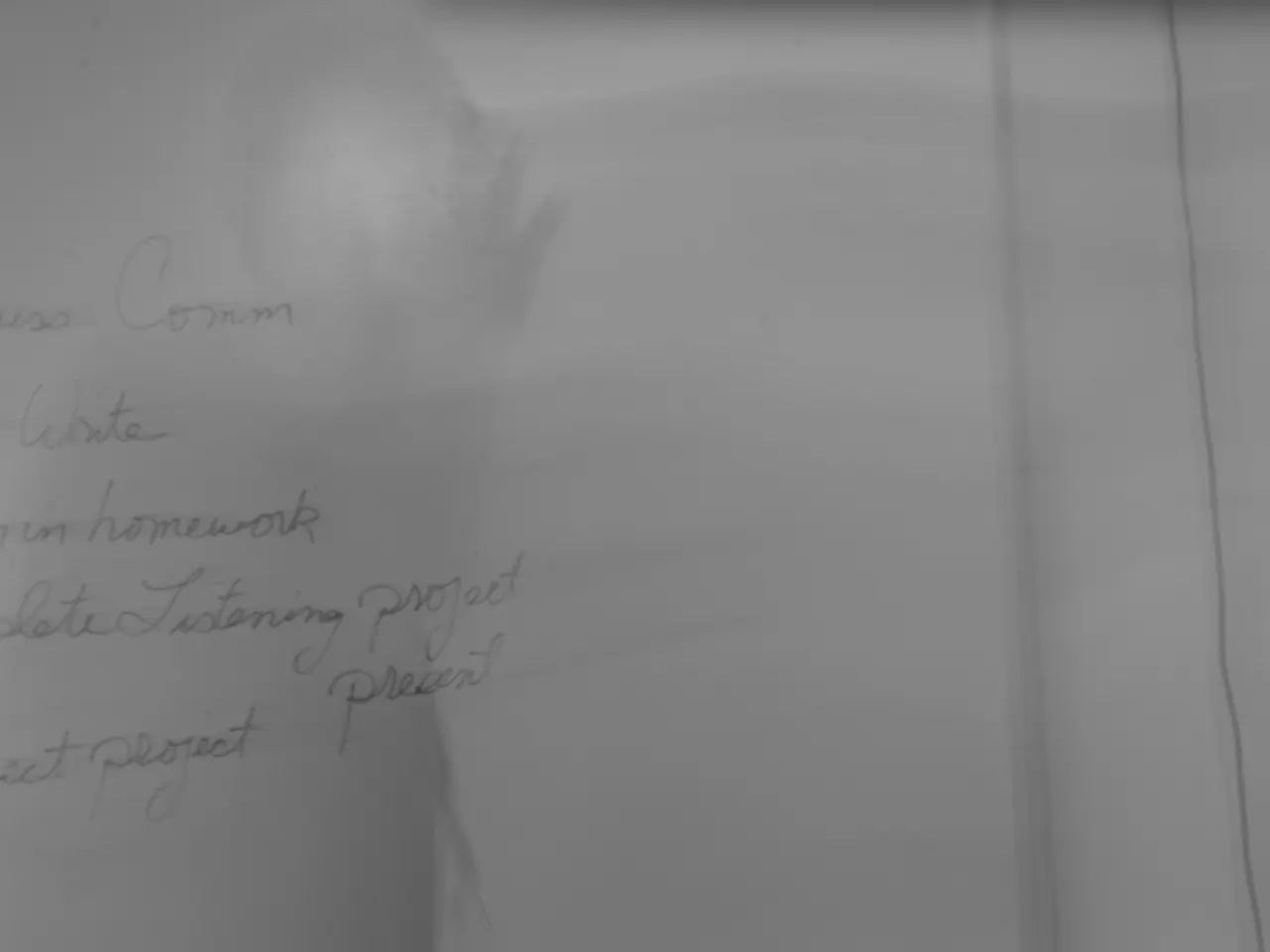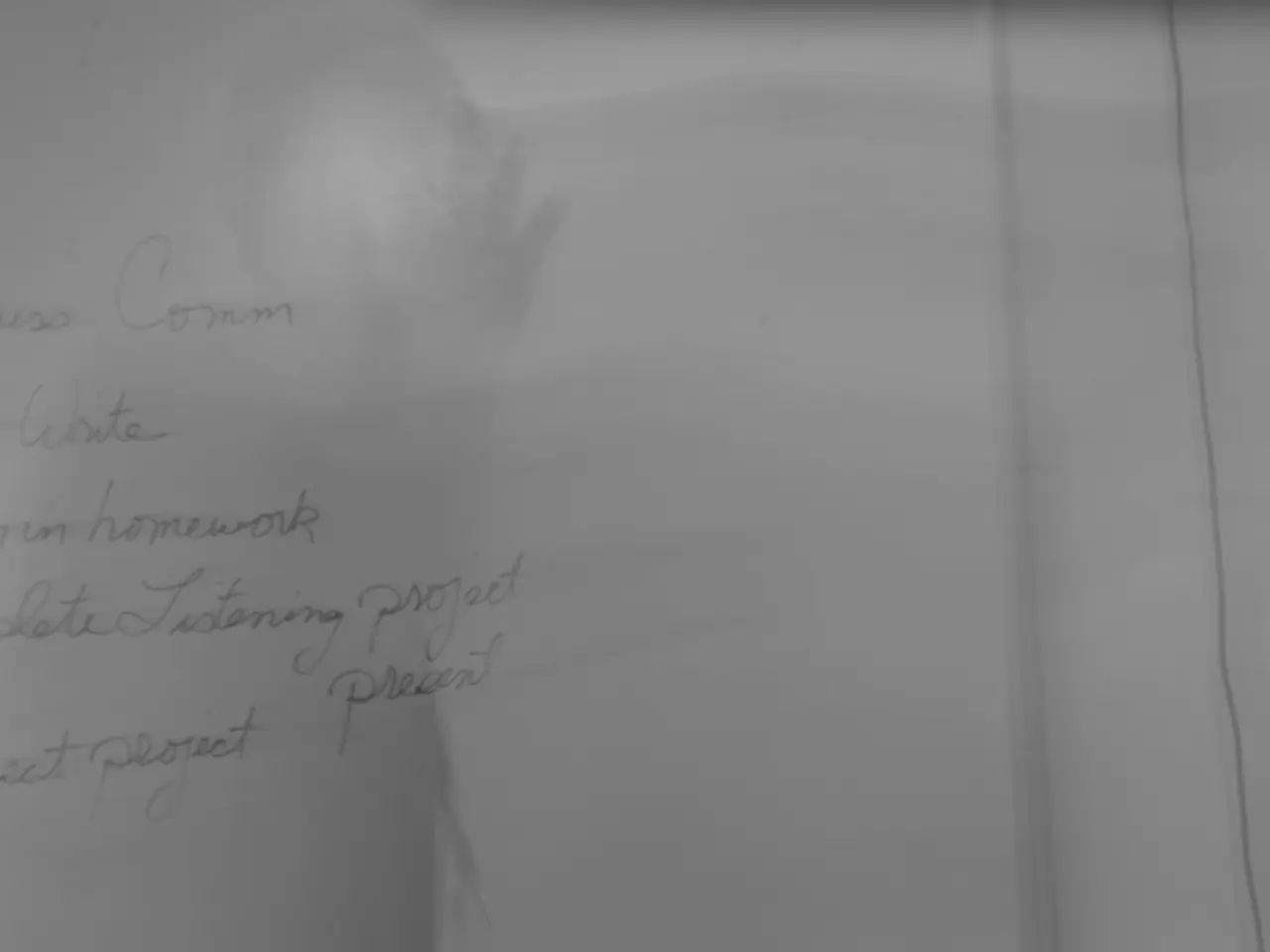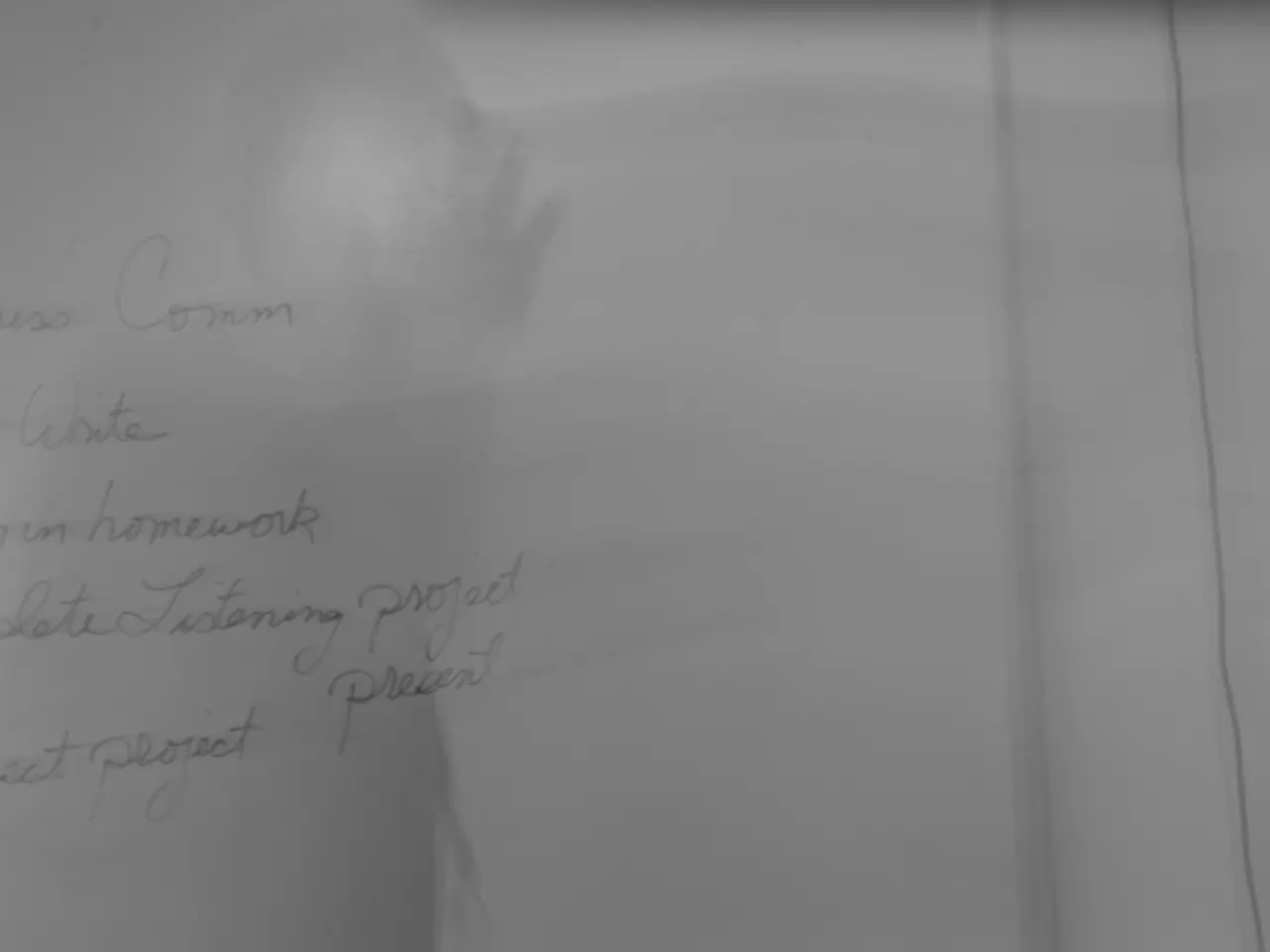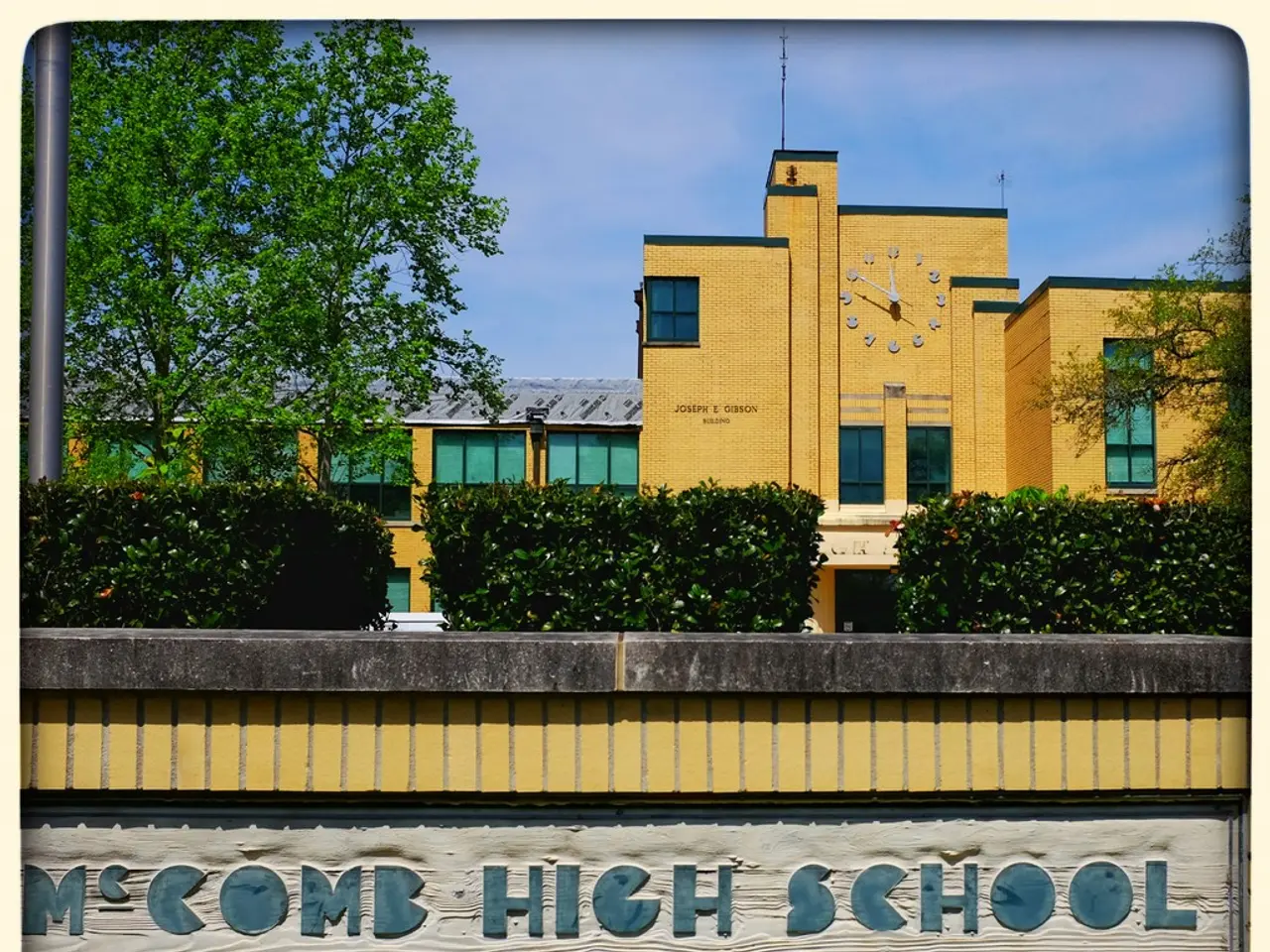Budget impasse in Pennsylvania results in delays in school and county payments, persisting beyond a month
State Budget Stalemate Affects Education and Human Services Funding
Several states, including Pennsylvania, are experiencing delays in funding for schools, human services, and other programs due to a budget stalemate. The budget for the 2025-2026 fiscal year was due on June 30 but remains unsigned over disagreements on spending levels, revenue measures, and funding priorities (sources [1], [2], [3], [4]).
In Pennsylvania, the impasse has led to at least $2.5 billion in delayed payments affecting schools, counties, libraries, shelters, and health and human services providers. For example, most delayed education funding involves monthly payments to school districts, and human services delays largely affect county child welfare offices (source [2]). State-supported universities, early childhood programs, and county health departments have also begun to see payment delays (source [4]).
The potential consequences for these organizations include operational disruptions as they must manage cash flow without the expected state funds. Although some counties and school districts may borrow to cover shortfalls temporarily, the prolonged delay could strain their budgets and services, impacting vulnerable populations relying on these programs (source [4]). The state administration has indicated they will release funds "as soon as a budget bill is delivered" and signed but warned that the situation remains uncertain until an agreement is reached (sources [2], [4]).
The County Commissioners Association of Pennsylvania is growing concerned about the consequences of the stalemate, particularly on human services such as mental health counseling, child welfare, and drug and alcohol treatment (source [5]). The poorest districts might have to borrow money if aid is delayed in August (source [6]).
Meanwhile, in North Carolina, a budget deal is not expected until at least late August (source [7]). In Michigan, if lawmakers and Governor Gretchen Whitmer don't pass a budget by October 1, they risk a government shutdown (source [8]). Republican lawmakers in Pennsylvania are trying to find a compromise with Governor Shapiro, but no voting sessions have been scheduled this week (source [9]). The main issues for Republicans are curbing Shapiro's proposed $51.5 billion spending, controlling "skill" games, and regulating slot-machine-like cash-paying games (source [10]). For Democrats, top priorities are boosting funding for public schools and public transit agencies (source [11]).
This news article was compiled from multiple sources, including Associated Press reporters from Raleigh, North Carolina, and Lansing, Michigan (source [11]).
- The budget stalemate in Pennsylvania has caused delays in funding for various sectors, including education, human services, and general news sources report that this affects schools, counties, libraries, shelters, health and human services providers, state-supported universities, early childhood programs, and county health departments.
- In the pending budget deal for North Carolina, no resolution is expected before at least late August, while in Michigan, a government shutdown is possible if lawmakers and Governor Gretchen Whitmer fail to pass a budget by October 1.
- The politics of spending levels, revenue measures, and funding priorities are the key obstacles to reaching a budget agreement in several states, with disputes between Republican lawmakers and Democratic governors continuing over proposals for public school and transit funding, as well as controlling certain gambling games.







